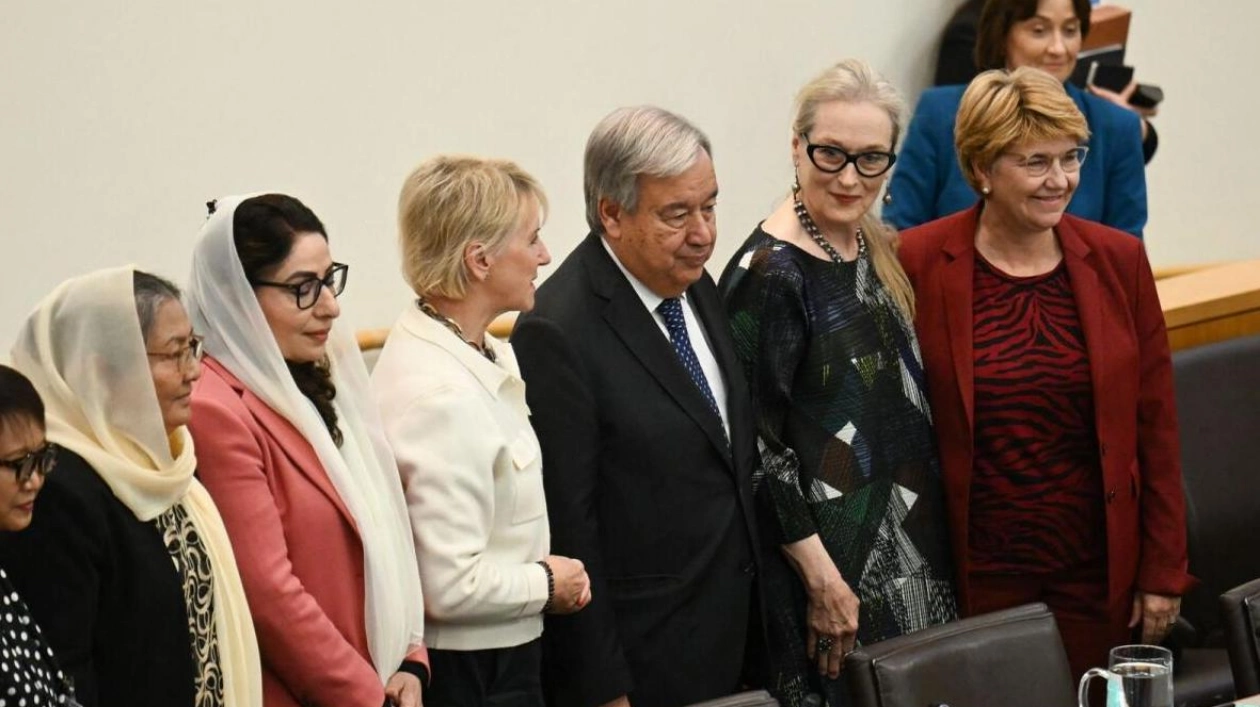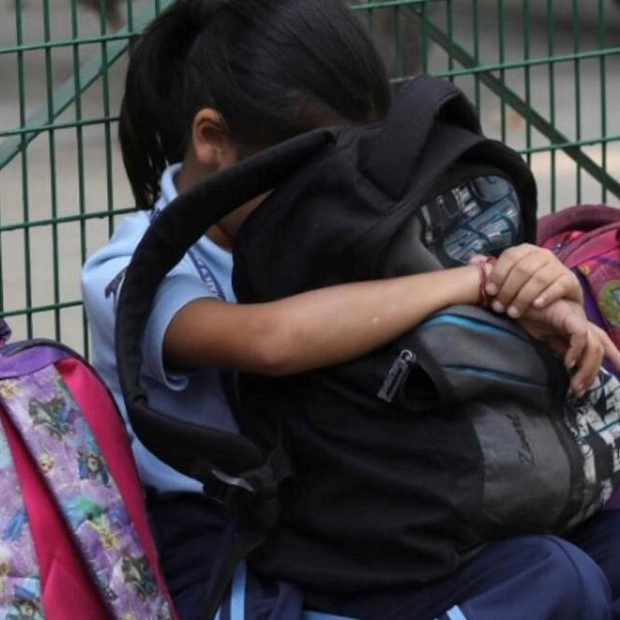American actress Meryl Streep has claimed that a "squirrel has more rights" than a girl in Afghanistan, lending her support to Afghan women's demands for an end to the Taliban government's stringent limitations on their lives. Since reclaiming power in Afghanistan in August 2021 following the withdrawal of US-led forces, the Taliban has enforced a strict interpretation of Islamic law. Women and girls have been disproportionately affected by these restrictions, which include bans on accessing public parks, universities, and singing in public. The United Nations has condemned these measures as "gender apartheid."
"A squirrel has more rights than a girl in Afghanistan today because the public parks have been closed to women and girls by the Taliban," Streep stated on Monday during a discussion at the UN General Assembly in New York. "A bird may sing in Kabul, but a girl may not, and a woman may not in public," the Oscar-winning actress added. "I believe that the international community, if united, could bring about change in Afghanistan and halt the gradual suffocation of half the population."
The Taliban government, which remains unrecognized by any other nation, enacted a highly criticized law in August that further tightened restrictions on women's lives. Although many of these measures had been informally enforced since the Taliban's takeover in 2021, their formal codification drew widespread condemnation from the international community and human rights organizations. The "vice and virtue" law mandates that a woman's voice should not be raised outside the home and prohibits women from singing or reading poetry aloud. It also requires women to cover their entire body and face when leaving their homes, which should only be done "out of necessity."
Asila Wardak, a leader of the Women's Forum on Afghanistan, emphasized at the UN discussion that Afghan women were there to remind world leaders that "this fight is not only an Afghan fight" but "a global fight against extremism." Fawzia Koofi, a former member of parliament in Kabul, described speaking about the situation of Afghan women during the General Assembly as "a small sign of hope" for them. "But it's not enough," she said, urging the appointment of a UN special envoy to pressure the Taliban government. UN Secretary-General Antonio Guterres highlighted that discrimination against women is causing significant harm to Afghanistan. "Educating girls is one of the fastest ways to kick-start economic development and improve the health, well-being, and prosperity of communities and entire societies," Guterres stated. "Women's participation and leadership have proven benefits for peace and security, social protection, environmental stability, and more," he added. "Afghanistan faces serious challenges in all these areas."






